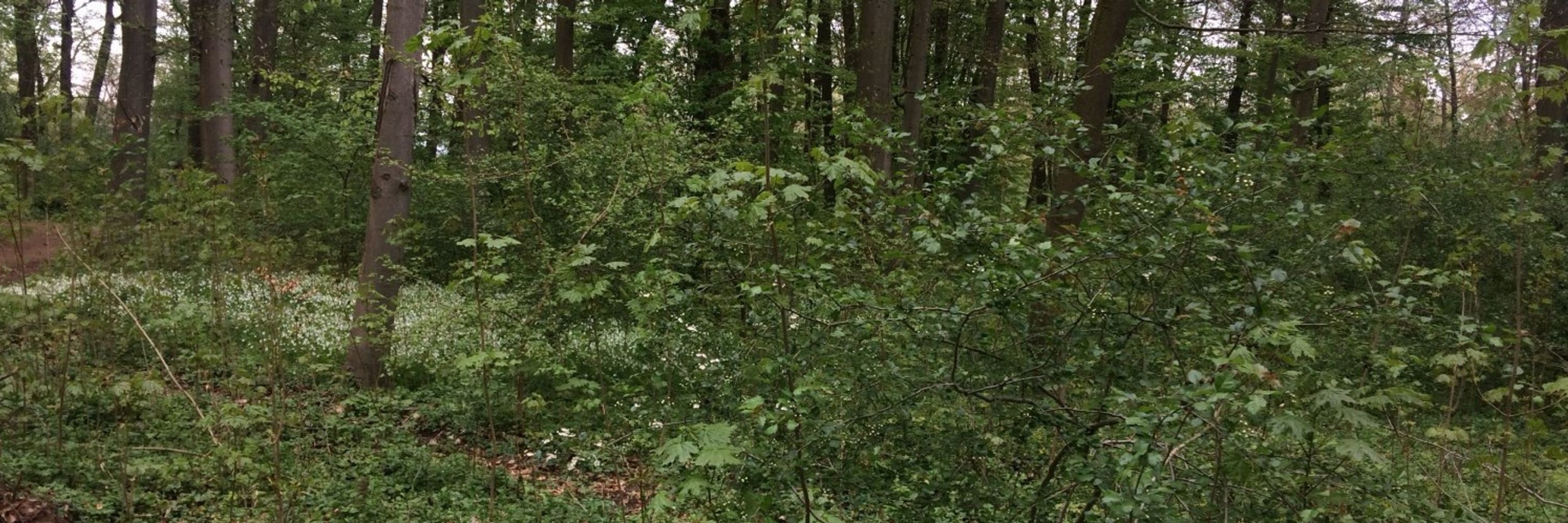

For the first time, we can analyze the spatial architecture of the cell-surface glycoproteome at single-protein and single-sugar resolution. #glycotime
www.biorxiv.org/content/10.1...
For the first time, we can analyze the spatial architecture of the cell-surface glycoproteome at single-protein and single-sugar resolution. #glycotime
www.biorxiv.org/content/10.1...

For the first time, we can analyze the spatial architecture of the cell-surface glycoproteome at single-protein and single-sugar resolution. #glycotime
www.biorxiv.org/content/10.1...

Excited to share our latest work on the dynamics of synthetic glycolipids in model membranes! 🤩
@biomemphys.bsky.social!
Bottom-up Investigation of Spatiotemporal Glycocalyx Dynamics with Interferometric Scattering Microscopy | Journal of the American Chemical Society pubs.acs.org/doi/full/10....
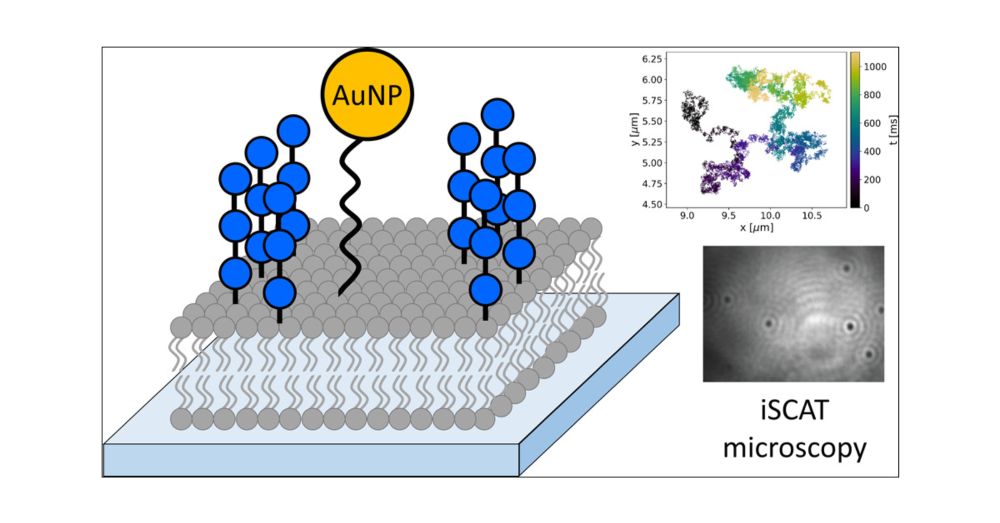
Excited to share our latest work on the dynamics of synthetic glycolipids in model membranes! 🤩
@biomemphys.bsky.social!
Bottom-up Investigation of Spatiotemporal Glycocalyx Dynamics with Interferometric Scattering Microscopy | Journal of the American Chemical Society pubs.acs.org/doi/full/10....
pubs.acs.org/doi/abs/10.1...

pubs.acs.org/doi/abs/10.1...
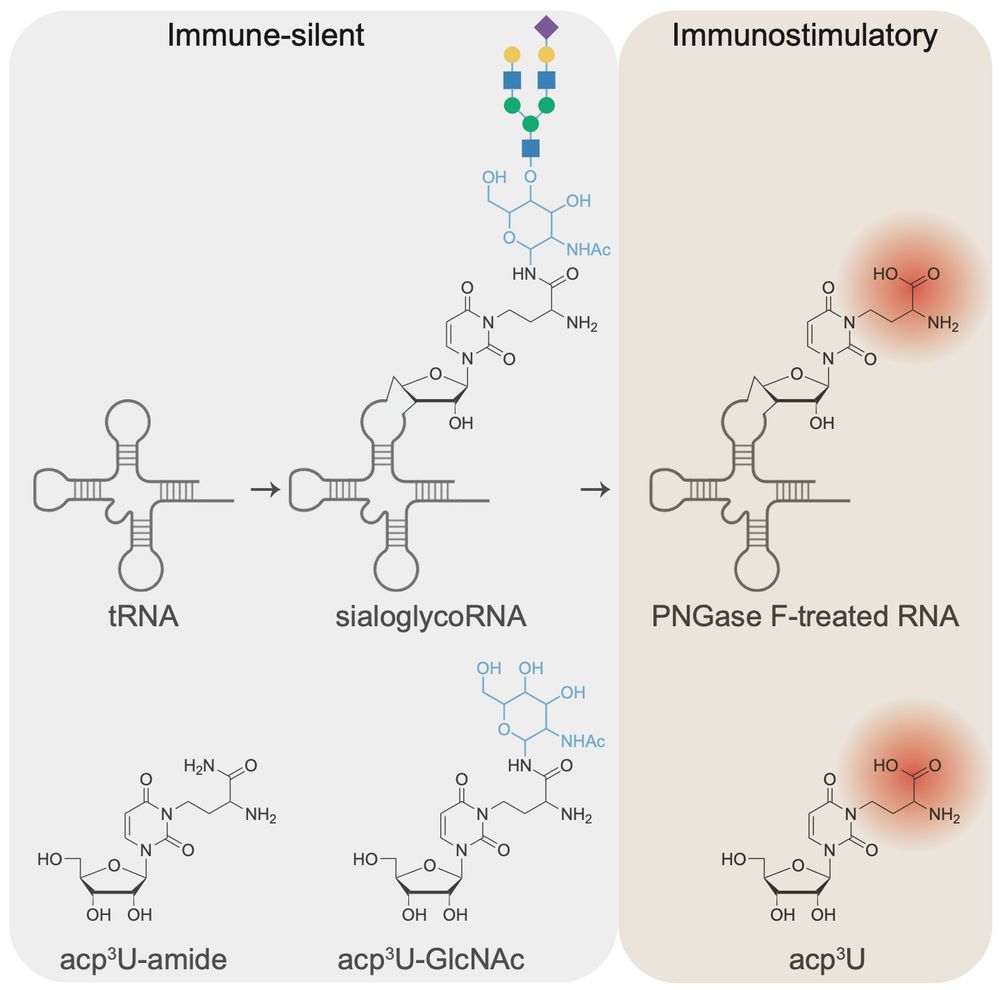
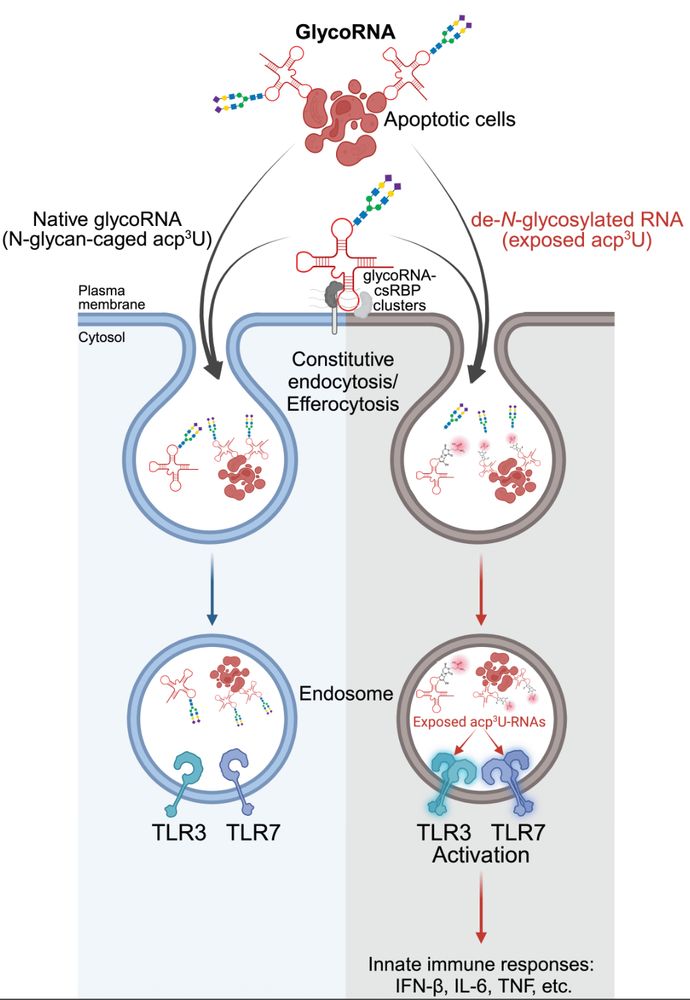
#glycotime
"Visualizing the nanostructure of the cell’s sugar coat."
Here, the author's views, expert opinion, and insights behind the recently published paper "Ångström-resolution imaging of cell-surface glycans" are presented.
#Glycotime
www.nature.com/articles/s41...
#glycotime
go.nature.com/4l2wVjS
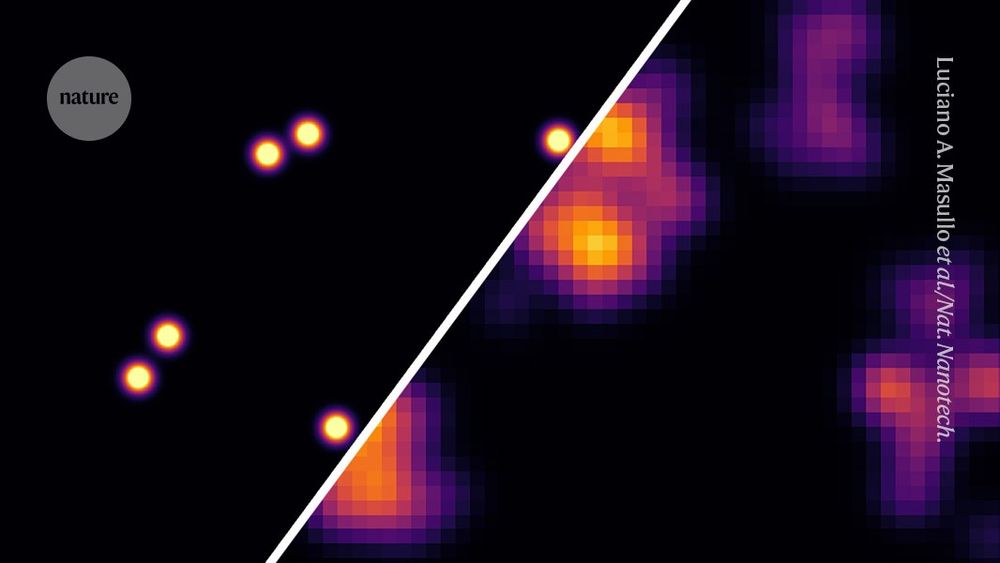
go.nature.com/4l2wVjS
Ångström-resolution imaging of cell-surface glycans.
The molecular organization of sugars in the native #glycocalyx has been resolved at 9 ångström using bioorthogonal metabolic labeling and #superresolution imaging of DNA barcodes.
#Glycotime
www.nature.com/articles/s41...
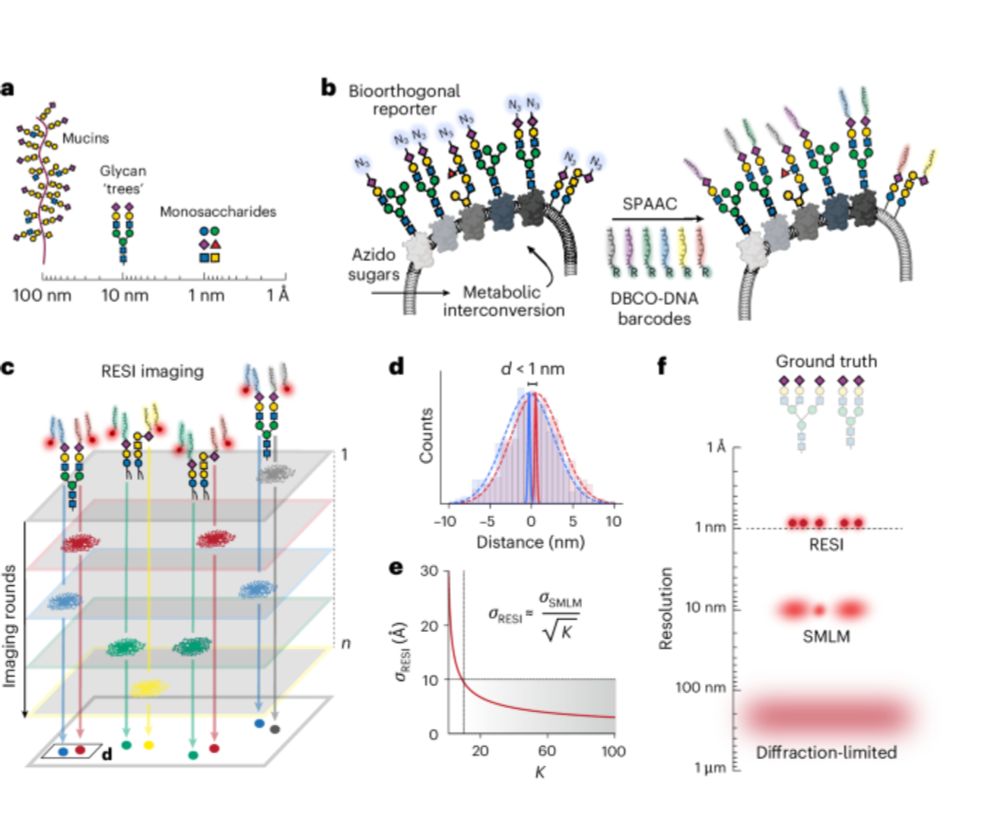

#glycotime achievement from Leonhard Moeckl’s lab: single sugar superresolution imaging to create a high res glycan atlas of cell surfaces!
www.biorxiv.org/content/10.1...
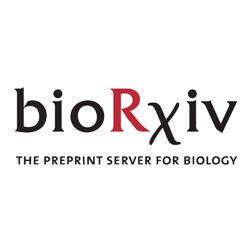
#glycotime achievement from Leonhard Moeckl’s lab: single sugar superresolution imaging to create a high res glycan atlas of cell surfaces!
www.biorxiv.org/content/10.1...
Don’t judge a book by its cover - judge a cell by its cover! We can now trace how cell state is encoded in glycocalyx state. #glycotime #microscopy
www.biorxiv.org/content/10.1...
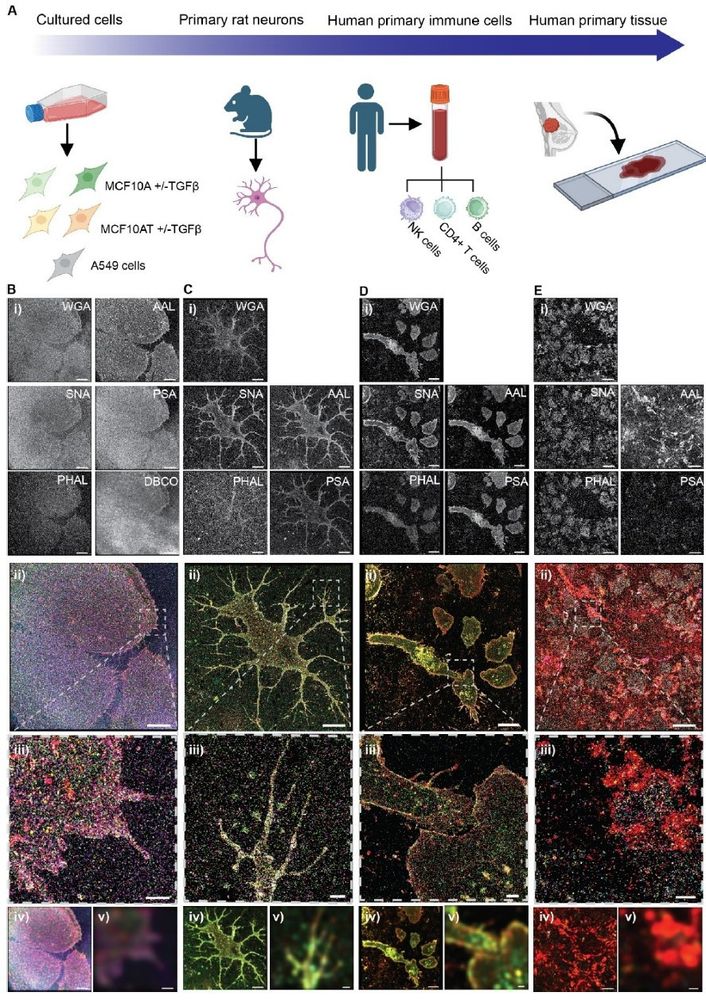
Don’t judge a book by its cover - judge a cell by its cover! We can now trace how cell state is encoded in glycocalyx state. #glycotime #microscopy
www.biorxiv.org/content/10.1...
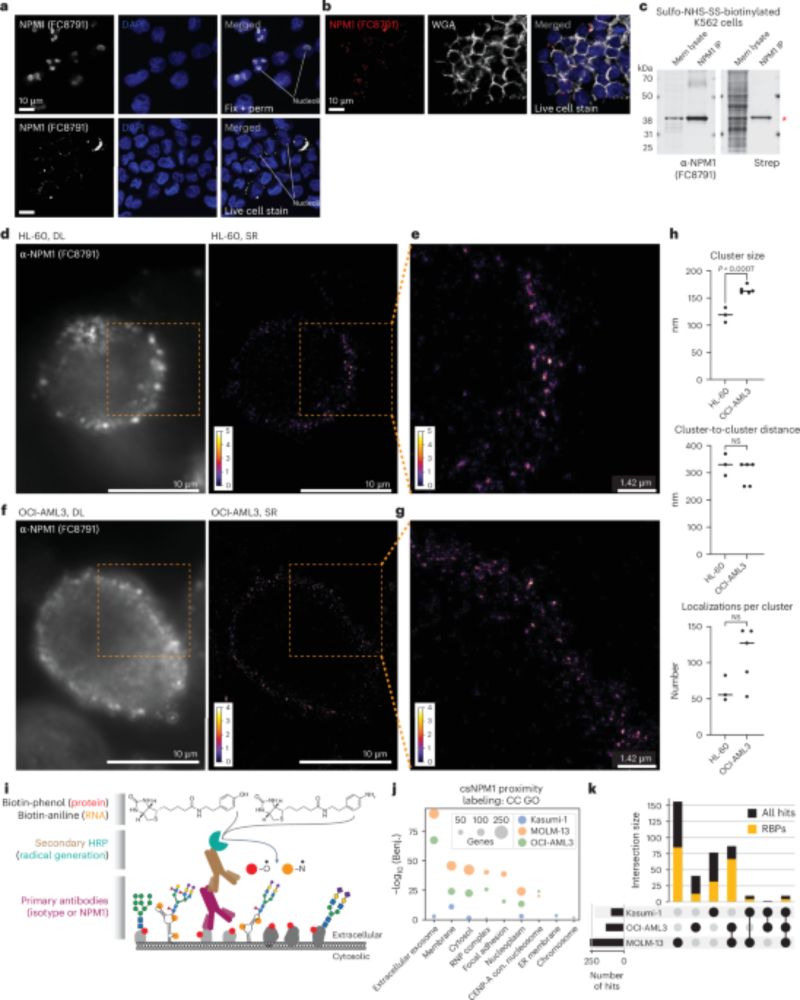
connecting ‘cell surface RNA biology’ to cancer biology
@natbiotech.nature.com
www.nature.com/articles/s41...
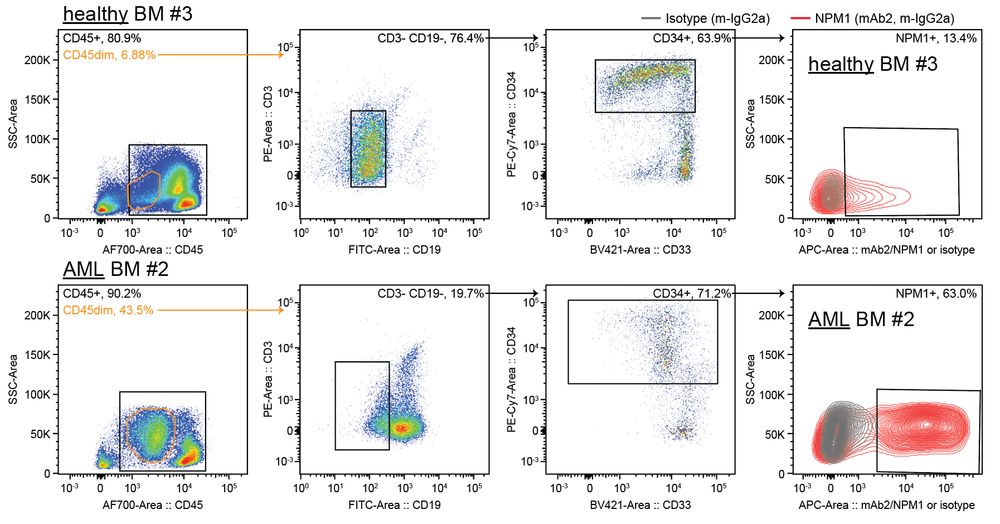
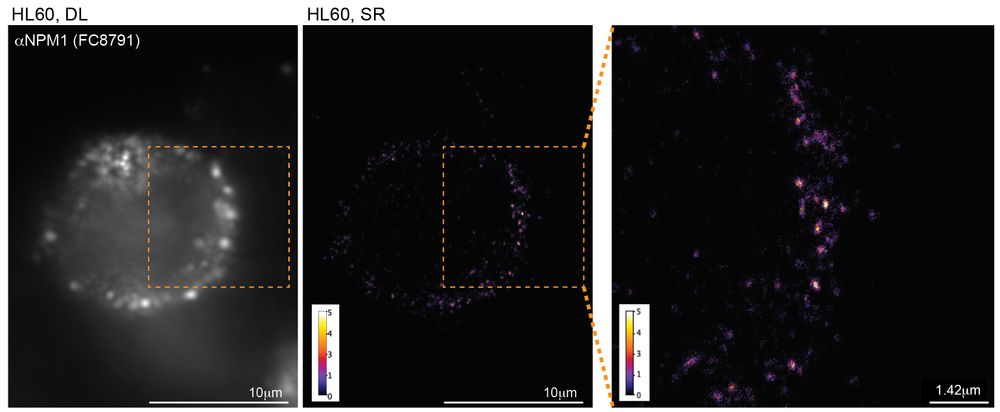
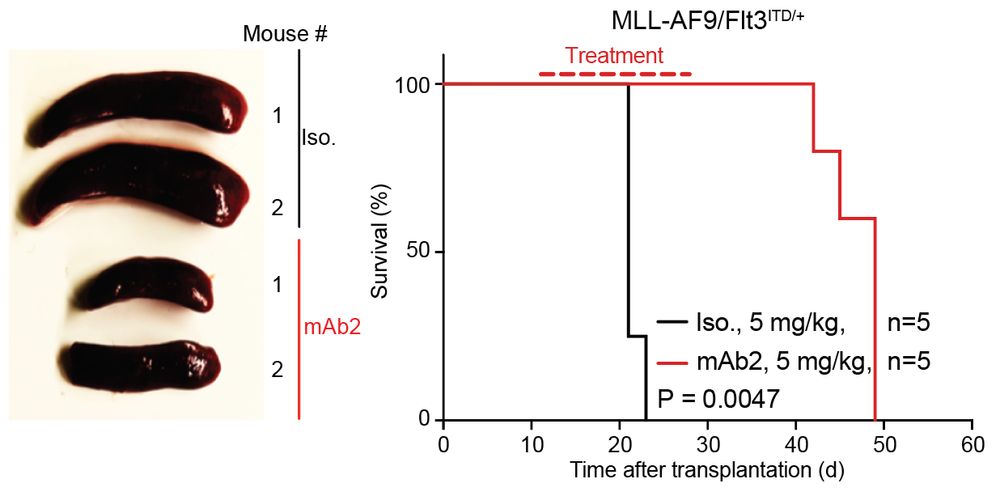
Ever wonder how cells "talk"? It starts when ligands bind to receptors on cell surfaces. We have cracked the challenge of imaging small ligands on cell surfaces. #DNAPAINT #celltalk 💬
doi.org/10.1002/smtd...
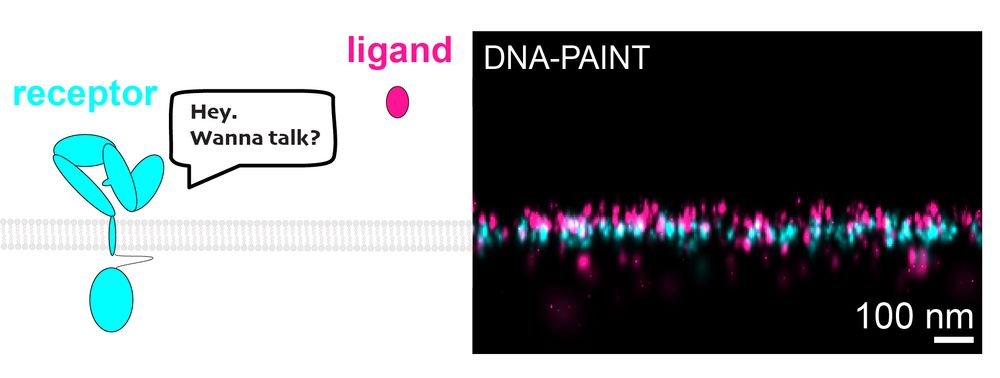
Ever wonder how cells "talk"? It starts when ligands bind to receptors on cell surfaces. We have cracked the challenge of imaging small ligands on cell surfaces. #DNAPAINT #celltalk 💬
doi.org/10.1002/smtd...

Ever wonder how cells "talk"? It starts when ligands bind to receptors on cell surfaces. We have cracked the challenge of imaging small ligands on cell surfaces. #DNAPAINT #celltalk 💬
doi.org/10.1002/smtd...
tinyurl.com/fa3vyh5e
We wrote a perspective on this occasion, discussing how to bring Physics and the Clinic closer together:
tinyurl.com/mv7w2d74
tinyurl.com/fa3vyh5e
We wrote a perspective on this occasion, discussing how to bring Physics and the Clinic closer together:
tinyurl.com/mv7w2d74
Enables ‘watching’ of RNP assemblies inside living cells
Special congrats to Luca Ducoli, Brian Zarnegar, and Paul Khavari @nature.com
www.nature.com/articles/s41...
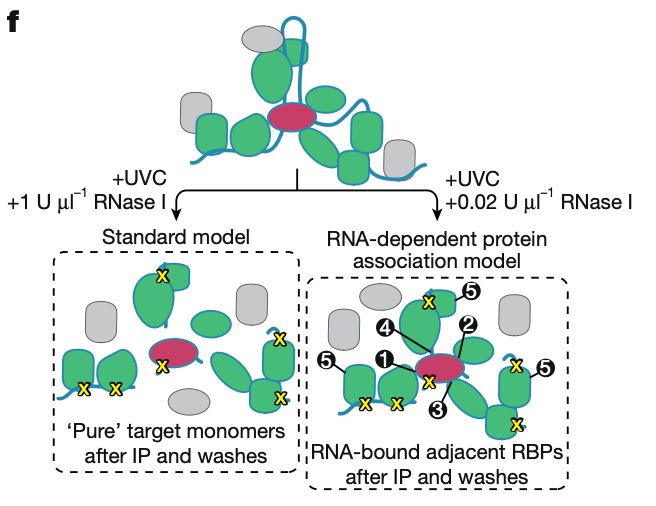
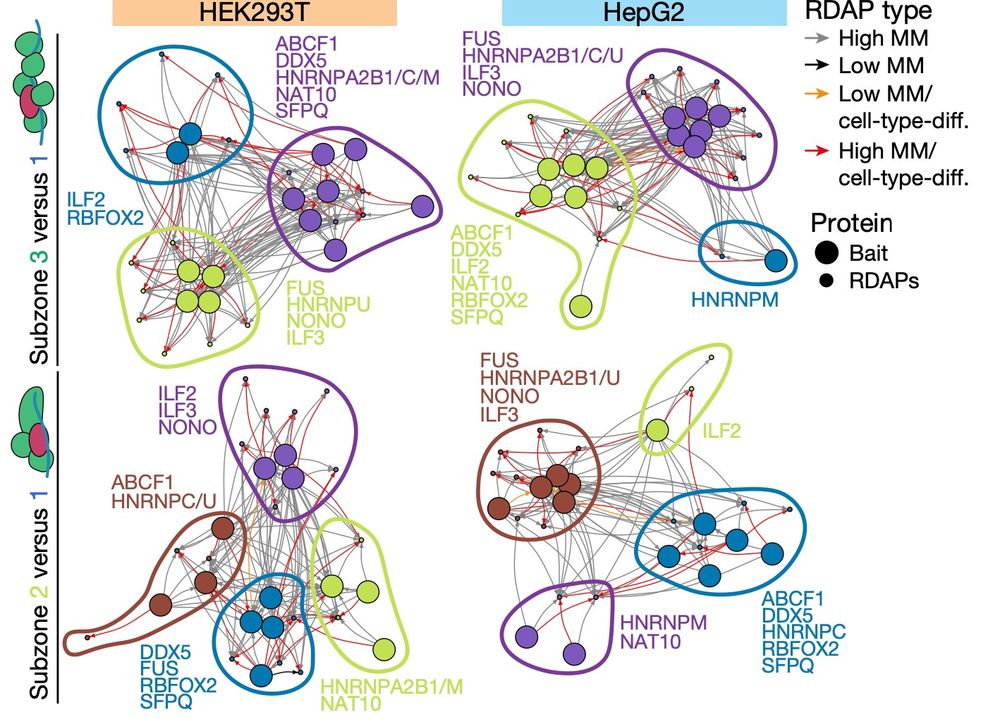
Enables ‘watching’ of RNP assemblies inside living cells
Special congrats to Luca Ducoli, Brian Zarnegar, and Paul Khavari @nature.com
www.nature.com/articles/s41...
✅ Strengthen #research collaboration
✅ Organize networking events
✅ Inspire the public with science
👉 mpl.mpg.de/news/article...

✅ Strengthen #research collaboration
✅ Organize networking events
✅ Inspire the public with science
👉 mpl.mpg.de/news/article...
Authors include R. Derda, @carolynbertozzi.bskyverified.social and F. Lisacek who leads our Proteome Informatics Group.
www.science.org/doi/10.1126/...
putting glycans back into the picture! @laurakiessling.bsky.social @anneimb.bsky.social @carolynbertozzi.bskyverified.social @molinarotony.bsky.social @dbojar.bsky.social @siglecdude.bsky.social

Critically support by #NIH @cp-cell.bsky.social www.cell.com/cell/abstrac...
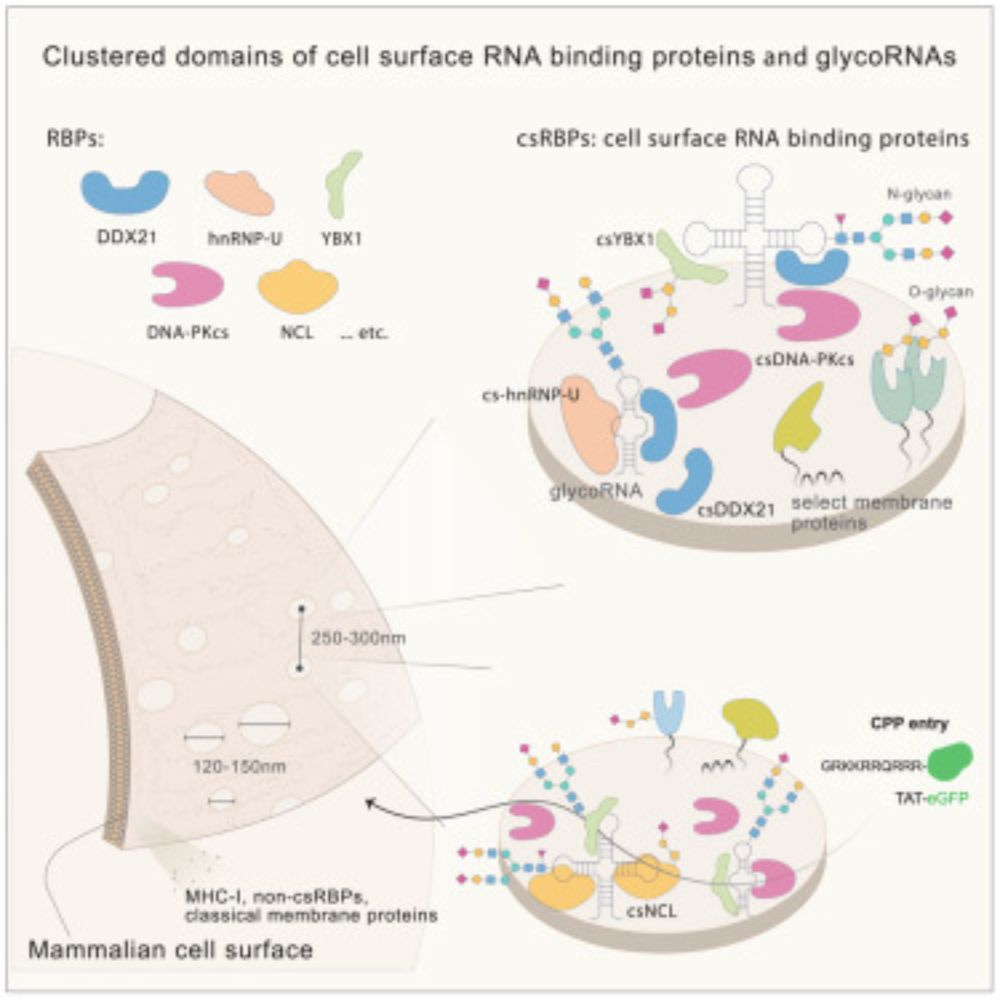
www.nature.com/articles/s41...
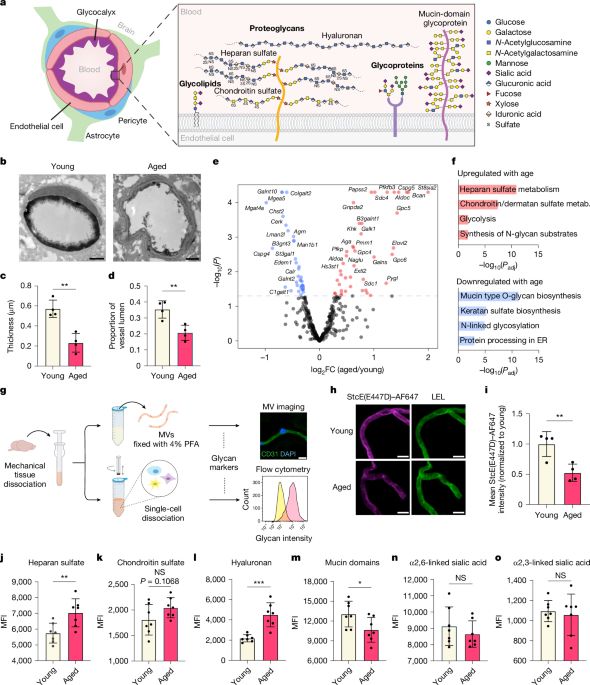
www.nature.com/articles/s41...
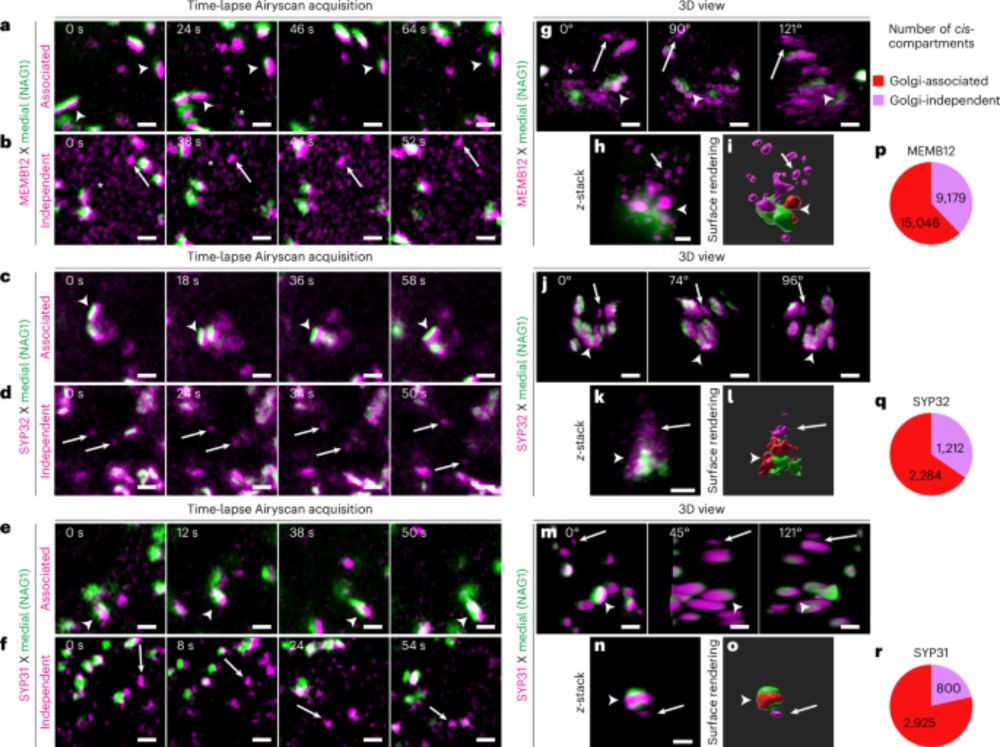
amsikking.github.io/microscope_o...
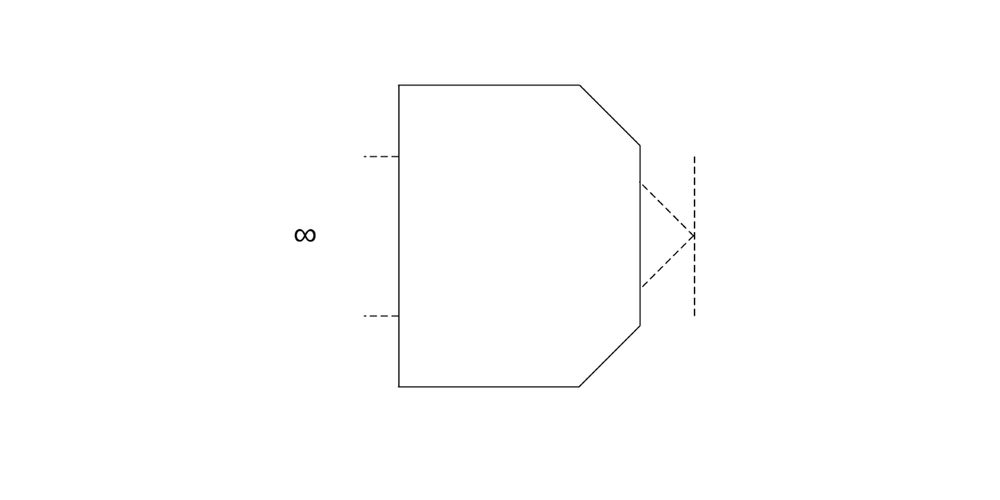
amsikking.github.io/microscope_o...
It has been 13 years since @owenlabuob.bsky.social and co. published a stellar protocol on how to measure membrane order with smart probes! Since then, there has been new dyes, imaging modes and biology! We wrote a protocol for Nature Protocols:
www.nature.com/articles/s41...
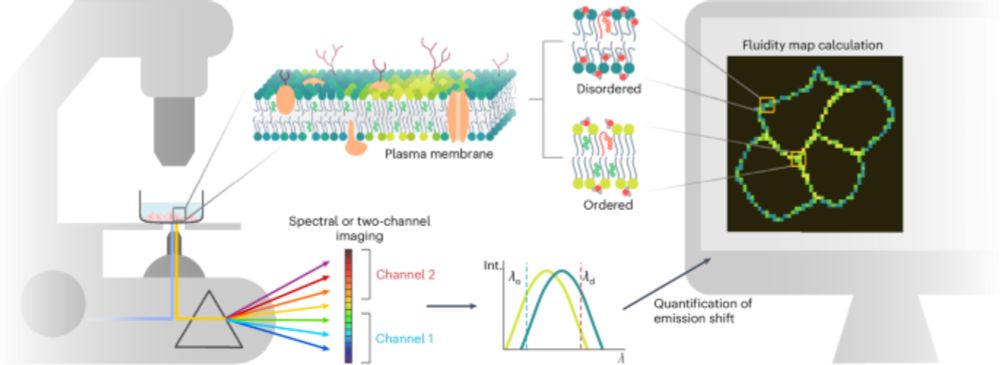
It has been 13 years since @owenlabuob.bsky.social and co. published a stellar protocol on how to measure membrane order with smart probes! Since then, there has been new dyes, imaging modes and biology! We wrote a protocol for Nature Protocols:
www.nature.com/articles/s41...

